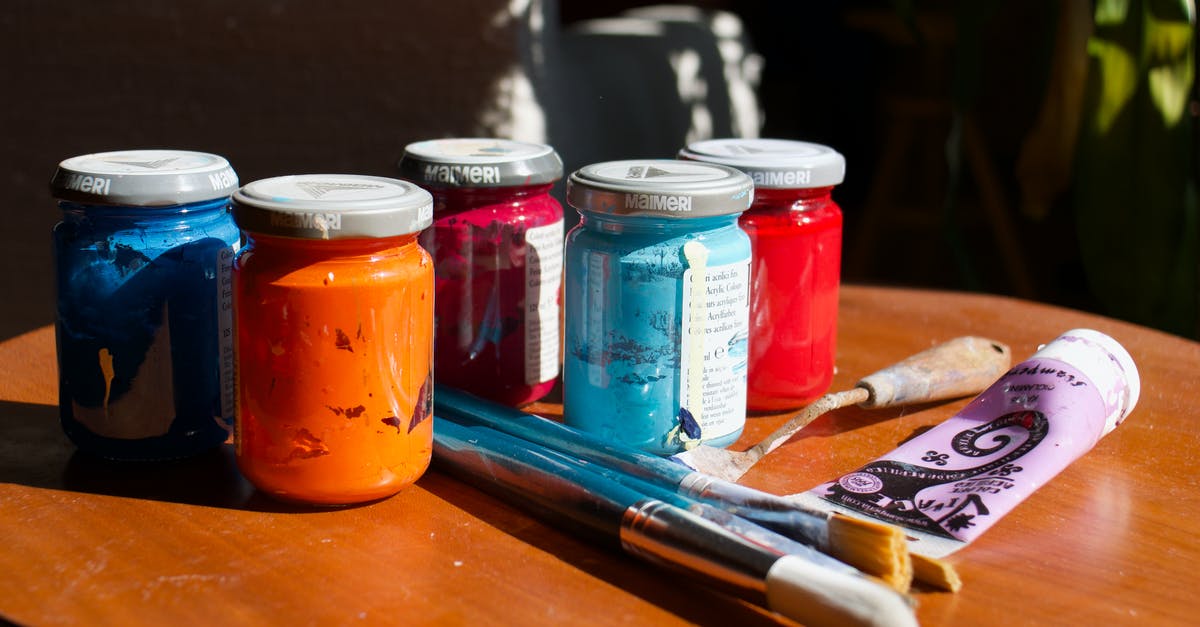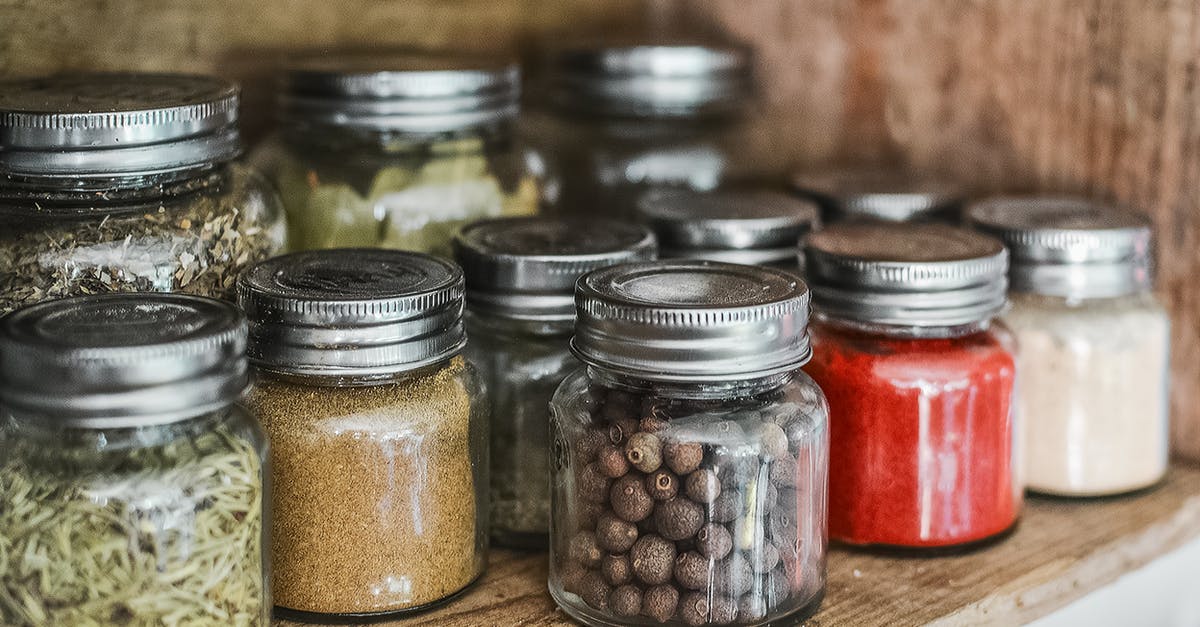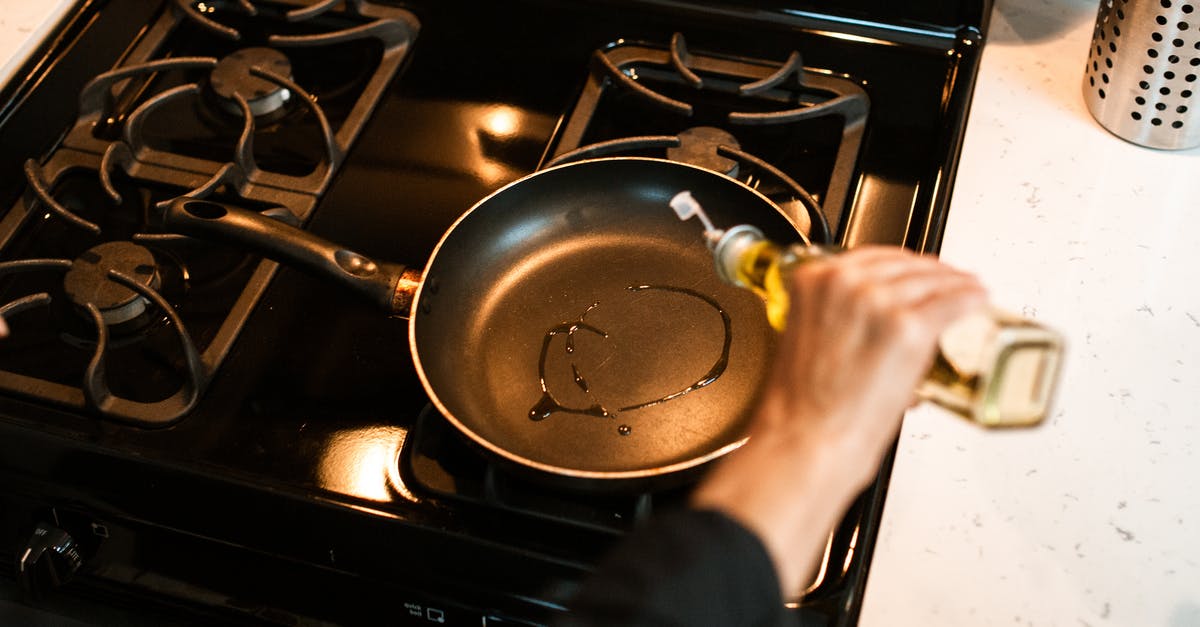Can homemade vinegar be safely sealed in a bottle?

When I've read kombucha recipes a last recommended step was to bottle the liquid, allow some gas buildup to carbonate it, and then refrigerate it to stop the bacteria from continuing to produce gas. My understanding is that if you just left the kombucha at room temperature in a sealed bottle the bottle would eventually break or explode.
I'm now making vinegar instead of kombucha, and based on the few recipes I can find it seems to me that it is safe to seal the vinegar in a bottle but that's only because the recipes haven't told me specifically not to.
Is homemade vinegar safe to store in a sealed bottle at room temperature? With both kombucha and vinegar I start with a sweet mixture which I leave out for some time, and I understand that both should have some amount of both lactic and acetic acid producing bacteria to different degrees. I believe the answer should be yes because the vinegar contains primarily acetic acid bacteria but I would appreciate a confirmation and a bit of an explanation on the process. It seems to me that in bottling it I'm just gambling that I have one type of bacteria and not the other. I'd think the store bought unpasteurized stuff could be tested before being bottled to check this.
Best Answer
If you are sure, that there is no sugar left in your vinegar, then the answer is yes. https://www.urbanfermentation.com/how-to-store-homemade-vinegar/
Acetic acid bacteria use O2 to convert alcohol. If the bottle is closed and they used up the O2, the fermentation stops. Even if there is some air in the bottle when you seal it, the pressure build-up caused by AAB should be negligible. It is recommended to put the vinegar into smaller bottles when there is too much airspace, but only because the AAB starts to break down the acetic acid into water when there is no alcohol left(again using the O2).
The yeast however can work anaerobically (for reproduction it needs O2, but to produce alcohol, no oxygen is required). So if there is some sugar left, the yeast can build up some pressure by producing CO2. Also the lactic acid bacteria. This means, you have to make sure that there is no sugar left in your vinegar:
- either by fermenting for a long time
- or by checking the sugar content
I start the AAB fermentation only when the alcoholic fermentation has quasi stopped. At this point the simple sugars are consumed, only some complex sugar are left - these take a long time to be converted to alcohol, but there is not enough of them to cause real trouble.
Pictures about "Can homemade vinegar be safely sealed in a bottle?"



Quick Answer about "Can homemade vinegar be safely sealed in a bottle?"
Pour vinegar into clean, sterilized glass jars or bottles. Seal tightly. Store in the refrigerator for best quality and flavor. (This is especially good in dressings for mixed greens or fruit.)How do I know if my homemade vinegar is safe?
When making fermented beverages such as wine, beer or cider, hygiene is very important, but not so much for safety, it's more about taste. So your vinegar should be safe. If it tastes OK, congratulations, you did it! As always, though, if you intend to keep it for a while, you may want to pasteurize it (or freeze it).Is making your own vinegar dangerous?
The acidity of homemade vinegar varies greatly. If you make your own vinegar, do not use it for canning, for preserving, or for anything that will be stored at room temperature. The vinegar's acidity, or pH level, may not be sufficient to preserve your food and could result in severe food poisoning.How long does Mother of Vinegar last?
It is easy to store mother of vinegar and you can do so almost indefinitely. I have met people who are still using mothers descended from the mother of vinegar their grandfather brought from Italy in the early 1900s. No joke.How do I know when my vinegar is ready?
Don't give up, just keep going. When your vinegar tastes as sharply acidic as your store-bought stuff does, you are ready to bottle it.Harford County teen charged with making soda bottle bombs
Sources: Stack Exchange - This article follows the attribution requirements of Stack Exchange and is licensed under CC BY-SA 3.0.
Images: Ferdinando Bocca, Regina Ferraz, Pixabay, RODNAE Productions
